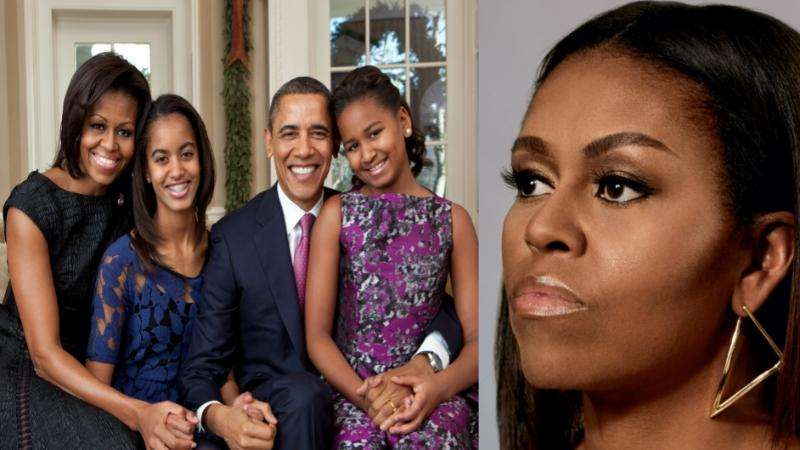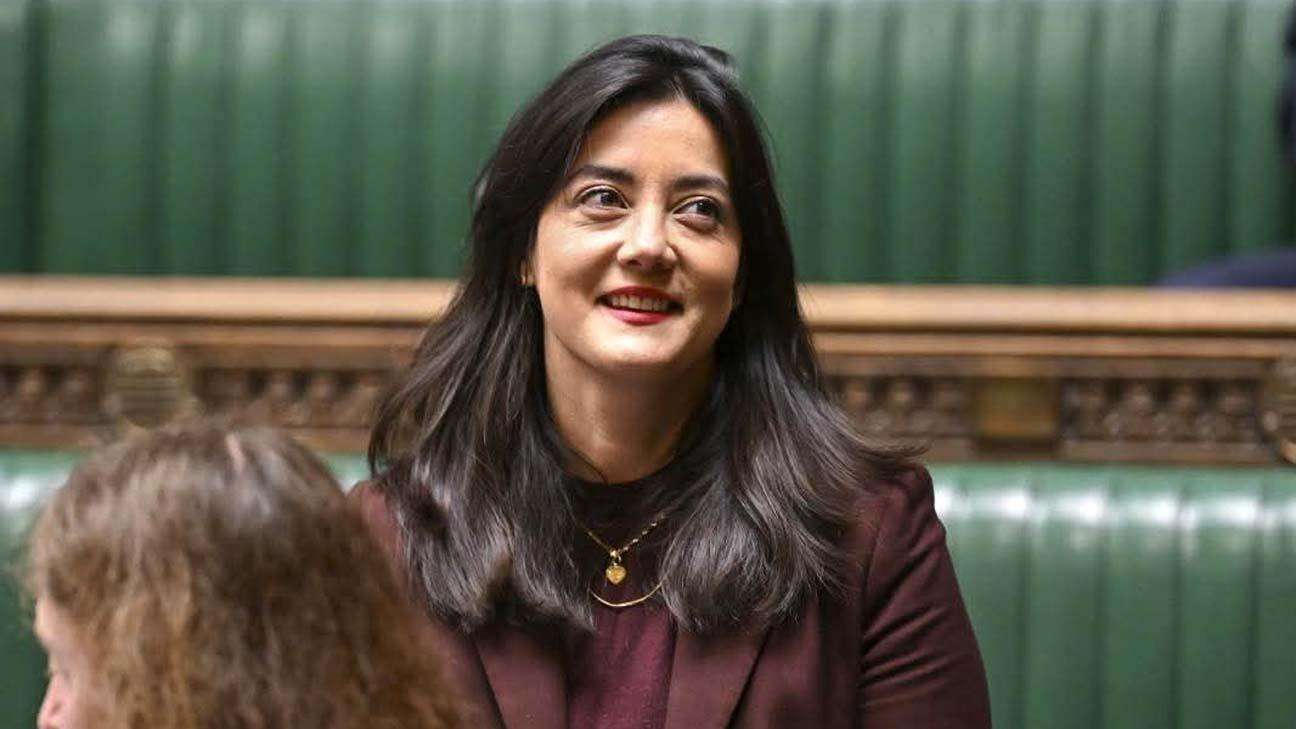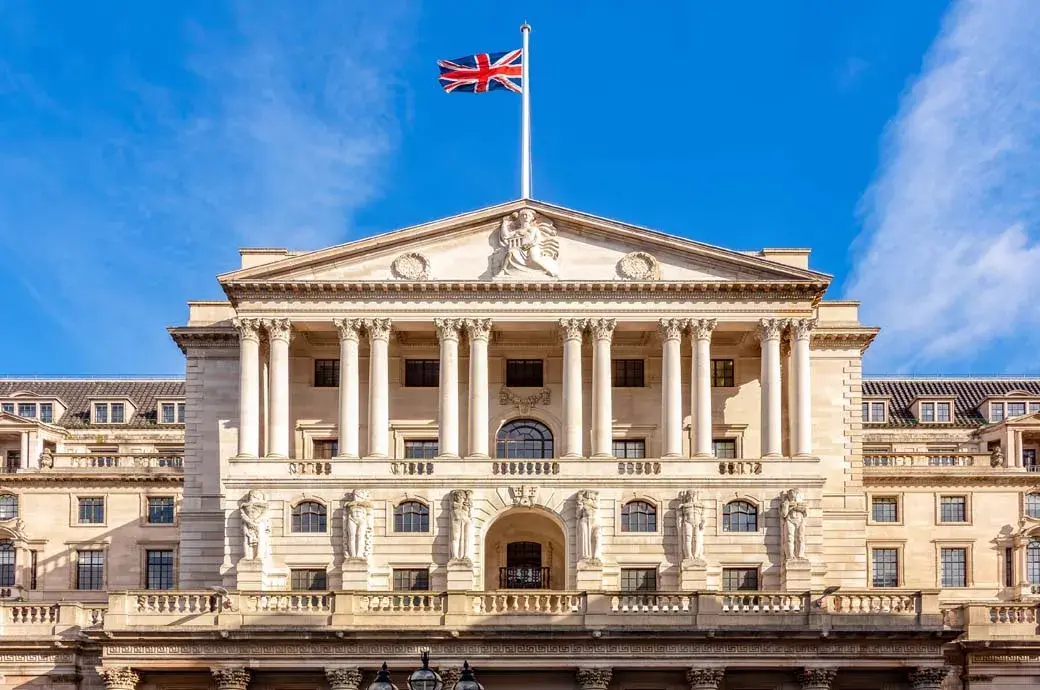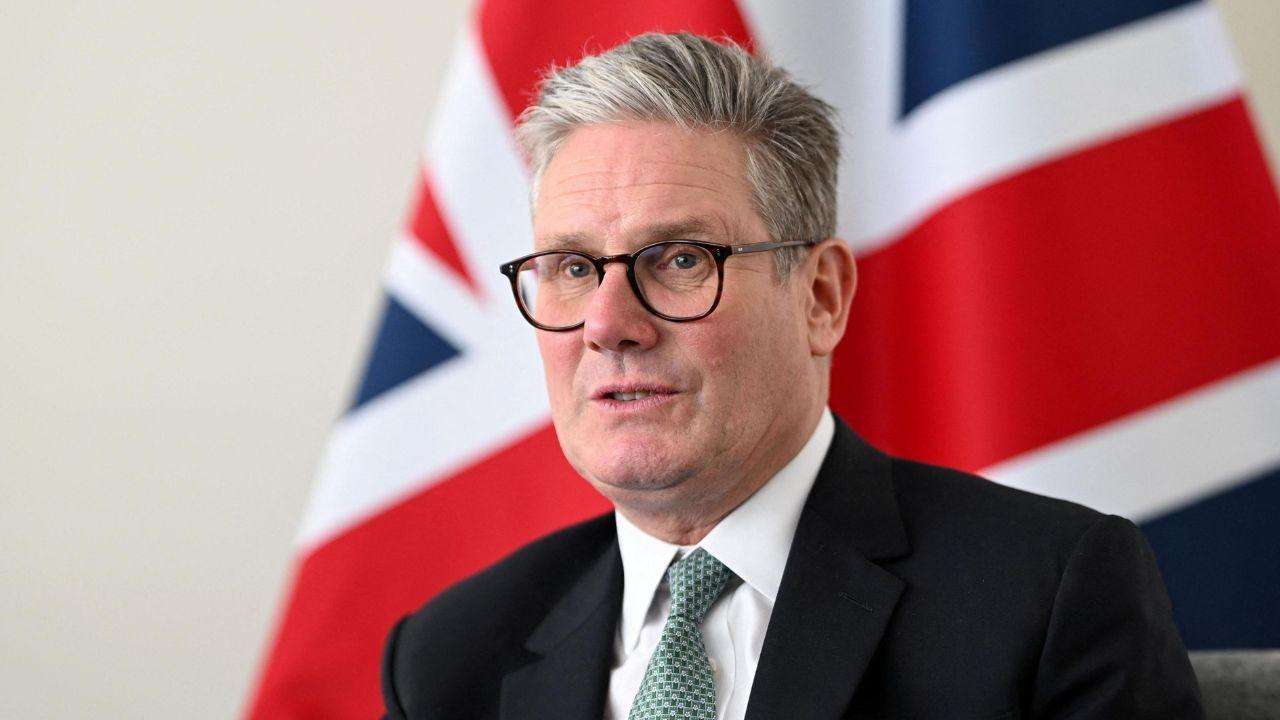Charlie Bean, former deputy governor of the Bank of England, has urged the central bank to cut interest rates by at least 0.5 percentage points to 4% at its upcoming meeting, in response to the financial instability triggered by Donald Trump’s trade tariffs.
Bean, who also served as chief economist at the independent Office for Budget Responsibility (OBR), argued that a bold response is essential to address the consequences of the tariff dispute, which has wiped trillions of pounds off global stock markets and shaken both business and consumer confidence.
He warned that ongoing uncertainty in the coming weeks would likely lead companies to postpone investments and cause a drop in consumer spending.
Charlie Bean stated that prior to the announcement of Trump’s so-called “liberation day” tariff plan, he had consistently supported higher interest rates. However, he now believes the “crazy situation” unfolding in the US will have serious consequences for the UK economy, prompting the Bank of England to implement a larger-than-anticipated rate cut.
David Blanchflower, another former member of the Bank’s monetary policy committee, agreed that Bean’s comments acknowledged the scale of the economic shock. He called for the Bank to convene an emergency meeting ahead of the scheduled 8 May session to consider a substantial interest rate reduction.
Blanchflower, who had previously opposed interest rate hikes in the lead-up to the 2008 financial crisis, stressed the need for swift action to restore confidence and avoid a potential recession. “Consumer confidence is vital—when it collapses, a recession isn’t far behind,” he warned.
Currently, financial markets are anticipating a 0.25 percentage point cut in May, bringing rates down to 4.25%, followed by two additional cuts later in the year, eventually reducing rates to 3.75%.
The Office for Budget Responsibility (OBR) recently projected that a similar global trade dispute could shrink the UK’s GDP by 1% and prolong the country’s economic stagnation for another year.
Trump’s administration has introduced tariffs starting at 10% on all imports, with even steeper duties targeting specific regions, such as 20% on EU goods and 34% on Chinese imports.
Speaking to The Guardian, Bean emphasized that the real issue isn’t just the tariffs themselves, but the widespread uncertainty they have caused—leading businesses and consumers to delay spending and investment decisions.
Defending his call for a sharper rate cut than markets anticipate, Bean recalled: “Back in November 2008, markets were only expecting a 0.25 or perhaps a 0.5 percentage point cut.”
Bean recalled that during a previous crisis, regional agents reported a dramatic drop in business orders, describing the situation as extremely severe.
“We caught everyone off guard with a 1.5 percentage point rate cut. It was a massive move, but it was absolutely necessary,” he said.
While he acknowledged that the current tariff situation may not be quite as severe, he emphasized that it still represents a disinflationary shock—one the Bank of England should respond to decisively.
He also warned that the risk of a financial mishap had grown, as businesses struggle to cope with the effects of the new trade tariffs.
Bean added that the failure of a financial institution or hedge fund in the US could spark a broader crisis, similar to how the turmoil surrounding liability-driven investment (LDI) pension schemes forced the Bank to step in after Liz Truss’s mini-budget.








.svg)



